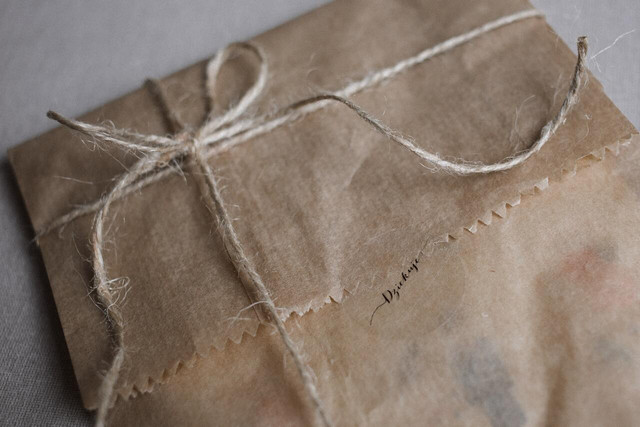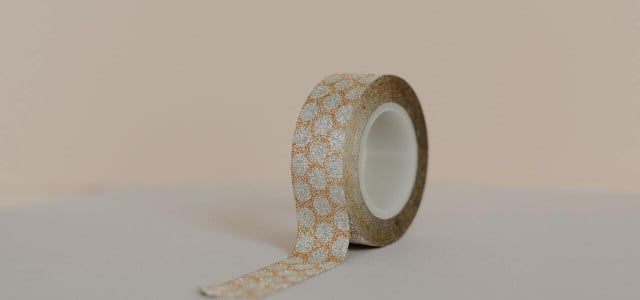It’s hard to remember recycling rules — is tape recyclable? What tape should you throw out? Read on for a painless guide to recycling tape and some greener options.
Many of us put cardboard boxes in the recycling without thinking twice. Stop for a moment and consider: is tape recyclable? Did you put your cardboard boxes in the bin with the tape still attached? Unfortunately, most types of tape can’t be recycled. That’s because adhesive tape is typically made of plastic; it’s only recyclable when its core component is paper. When you use recyclable tape, however, you can leave it attached to your cardboard boxes when you put them in the recycling as it can all be processed together.
Only these two types of tape can be recycled:
- Self-adhesive kraft paper tape. This type of tape is made from paper and uses a natural rubber-based agent to make it sticky.
- Water-activated tape. This type of tape needs to be activated with water. It is made using a water-based chemical adhesive. As it is made from paper, it can also be recycled. There are two types of water-activated tape: non-reinforced and reinforced. Non-reinforced tape is used for packing boxes for shipping purposes. Reinforced tape is more durable, so it is used for packaging heavier items.
Most other standard variations of tape used around the house are non-recyclable. Although they may contain some parts that can be recycled, those parts are generally too small to remove and recycle on their own.
The following tape should be disposed of in the trash:
- Masking tape. The adhesive on masking tape contains a synthetic latex-based material, which is non-recyclable.
- Duct tape. The backing of duct tape is made from polyethylene. Polyethylene can be recycled on its own. However, you cannot remove it from the other parts of the tape, like the fabric, as it is too thin – which means it is also non-recyclable.
- Plastic tape. Clear plastic tape, known as scotch tape, is also non-recyclable. It contains PVC or polypropylene, which (as with duct tape) can be recycled but is typically too thin to be removed from the tape itself.
Is Tape Recyclable? Eco-Friendly Alternatives Save Time



Using an environmentally friendly alternative is an easy way to reduce your carbon footprint and lower the amount of waste you create. Biodegradable tape is available more and more, and is a sustainable option – one example of this is cellulose tape.
If you are using tape for cardboard boxes to store items, try using reusable boxes or hampers instead, as they don’t need any tape to close. If you mostly use tape for gift wrap, wrap your presents in paper and twine, or in a nice fabric instead. Furoshiki is a traditional Japanese gift-wrapping method that uses no tape. This waste-free method wraps gifts beautifully and eliminates the need for either tape or wrapping paper.
By making greener choices from the start you can avoid asking the question “is tape recyclable” — we all love saving time!
Read more:
- Can You Recycle Bubble Wrap?
- Can You Recycle Wrapping Paper?
- Zero Waste Products: 9 Waste-free Gift Ideas
Do you like this post?







